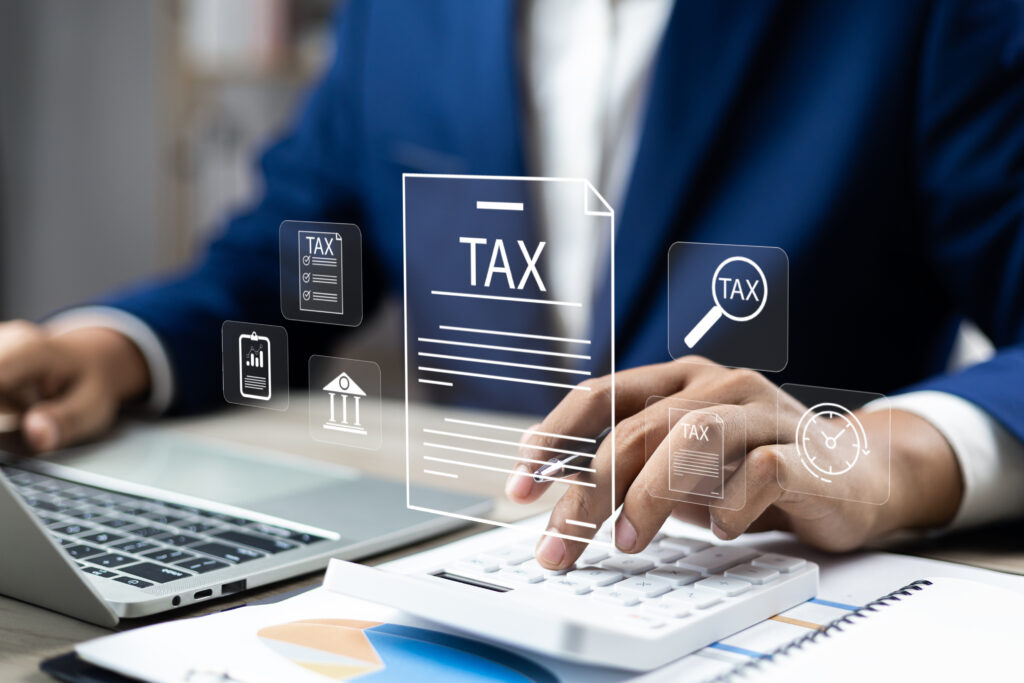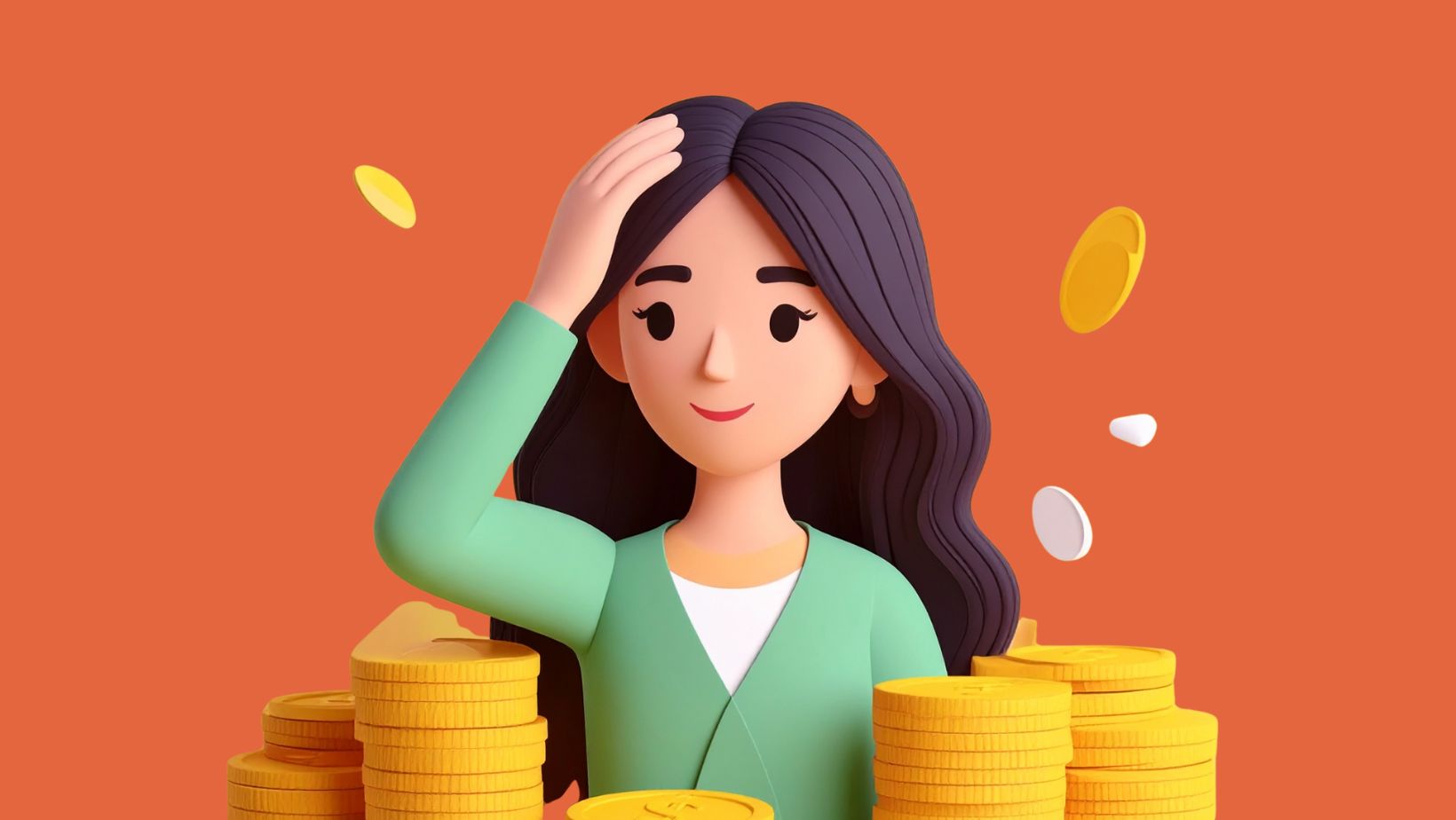Why do I Need to Make a Payment on Account?
Payments on account are advance payments towards your tax bill, based on your liability in the last tax year. The system is intended to split your tax bill over two payments, which for some may be easier than making a single large payment once a year. It also helps to ensure that tax payers are not indebted to HMRC, and it gives the public finances a mid-year boost.
You will need to make a payment on account if:
- Your last Self-Assessment tax bill was more than £1000
And - Less than 80% of all the tax you owe has been paid already (for example through employee PAYE).
How much will you need to pay?
The amount you pay on account is based on your total bill for the previous year and payment is due in two instalments, so you’ll pay 50% on 31st January and the rest on 31st July.
This is in addition to any balancing payment you need to make for the previous tax year, which is also due on 31st January.
| Date | Payment Due | Payment is Based on: |
| 31st January 2024 | Balancing payment for tax year 2022/23 | Total tax bill for 2022/23, less payments on account made in 2023 |
| 31st January 2024 | First payment on account for tax year 2022/23 | 50% of 2022/23 tax bill |
| 31st July 2024 | Second payment on account for tax year 2022/23 | 50% of 2022/23 tax bill |
Balancing payments
It’s unlikely that your tax bill will exactly match what you paid last year and the difference is made up in a balancing payment, which is due on the 31st of January.
For example, If the 2022/2023 tax liability was £5,000, the then payments would be broken down as follows:
| Date | Payment Due | Payment is Based on: |
| 31st January 2024 | Balancing payment for tax year 2022/23 | Total tax bill for 2022/23, less payments on account made in 2023 £5,000 |
| 31st January 2024 | First payment on account for tax year 2023/24 | 50% of 2022/23 tax bill £2,500 |
| 31st July 2024 | Second payment on account for tax year 2023/24 | 50% of 2022/23 tax bill £2,500 |
What if this year’s tax bill is lower than last year’s?
Contractor incomes are not fixed, and it’s always possible that this year’s profits won’t match what you made last year. If you believe this year’s tax bill will be lower than last year’s, you can apply to lower your payment on account. You can do this on the Tax
If your income has been reduced this year, it’s a good idea to file your tax return early to allow time for adjustments to be made.
A word of warning about underpayments
We’d only advise you to reduce your payment on account if you’re sure your tax bill will be lower than last year. Underpayments will be subject to interest so if you reduce your payment for any other reason, you’ll end up paying more. If you overpay because your tax bill is lower than last year, the overpayment will be refunded.
If you’re having difficulty paying your tax bill, please discuss this with your accountant or contact HMRC as soon as possible.
How to make a payment
Payments can be made using HMRC’s online system, and they prefer all payments to be made this way. Please note that HMRC no longer accepts payments from personal credit cards.
You’ll need your 11-character Unique Taxpayer Reference to make a payment. Contact your accountant if you need advice or assistance.
If you have any questions about payments on account of if Orange Genie can help in any way, please call our expert team on 01296 468 185 or email [email protected].





